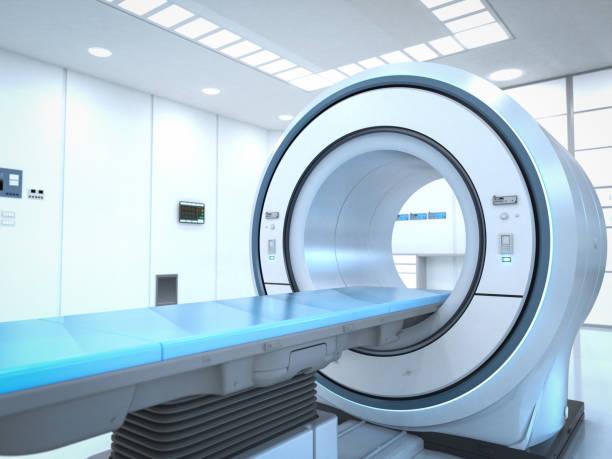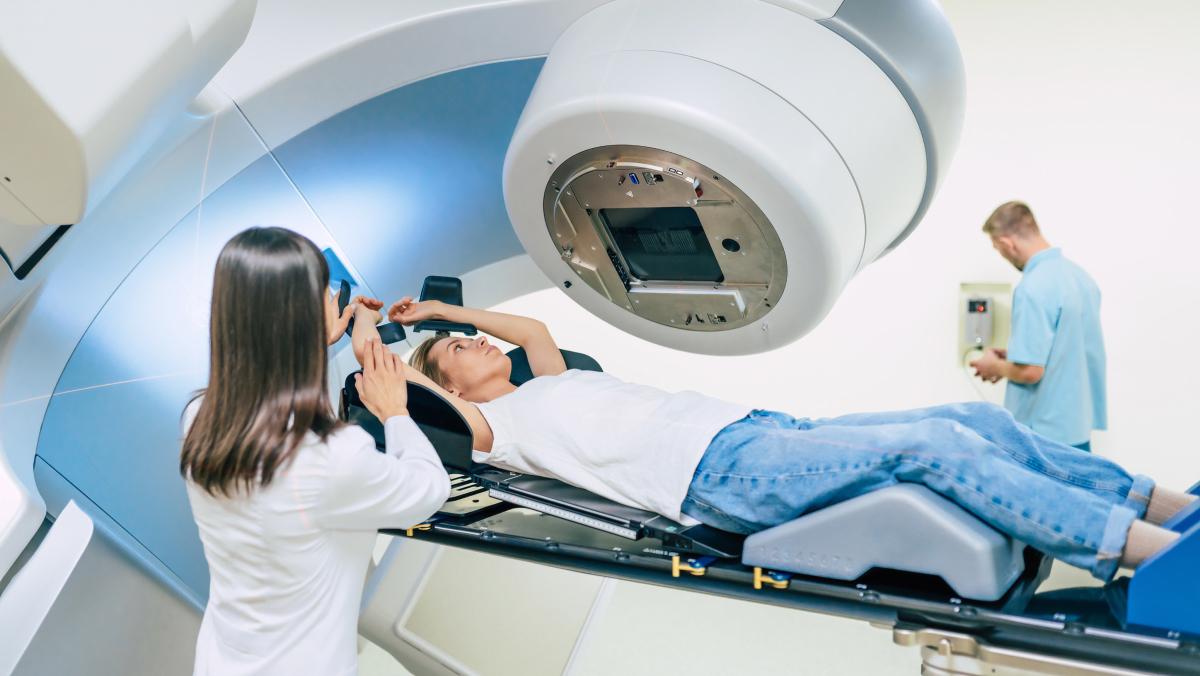What Is a Glioma Brain Tumor? Everything You Need to Know
Gliomas are tumors from glial cells that vary widely in type and aggressiveness. Learn how gliomas are diagnosed, treated, and supported with personalized care at Duke Tisch Brain Tumor Center.
Angels Among Us 2026: Fundraiser for a Brain Tumor Cure
Angels Among Us is a Duke Health fundraising event that supports brain tumor research, clinical innovation, and patient care. Learn how the event brings communities together to advance progress and hope.
Understanding Recurrence: What Happens When a Brain Tumor Returns
Brain tumor recurrence occurs when tumor cells return after treatment. Learn why recurrence happens, how it’s detected, and what treatment and support options are available for patients and families.
Radiation Therapy vs Chemotherapy
Radiation therapy and chemotherapy are two common brain tumor treatments with different approaches. Learn how each works, when they are used, and how doctors decide the best option for individualized care.
Eye Symptoms of Brain Tumors
Eye symptoms such as blurred vision, double vision, and peripheral vision loss can be signs of a brain tumor. Learn how tumors affect vision, which symptoms to watch for, and when to seek medical evaluation.
Craniotomy and Brain Tumors: What You Need to Know
Craniotomy is a common surgical procedure for brain tumors that allows surgeons to safely access and remove tumors. Learn why it’s used, what to expect, and how it fits into comprehensive brain tumor care.
How to Understand Your Brain MRI Results
A patient-friendly guide to reading and interpreting brain MRI results for brain cancer, including key terms, what to expect, and next steps.
Immunotherapy, Chemotherapy, Radiation Therapy: Differences Explained
Explore the differences between immunotherapy, chemotherapy, and radiation therapy, how each works, and their roles in brain tumor treatment at Duke’s Tisch Brain Tumor Center.
Warning Signs of a Brain Tumor in Kids
Learn the warning signs of brain tumors in children, when to seek evaluation, and how Duke’s Pediatric Neuro-Oncology Program supports diagnosis, treatment, and recovery.
What Happens When a Brain Tumor Is Removed?
Learn what to expect before, during, and after brain tumor removal surgery, including recovery insights, post-operative care, and how specialists at Duke’s Tisch Brain Tumor Center support patients.









